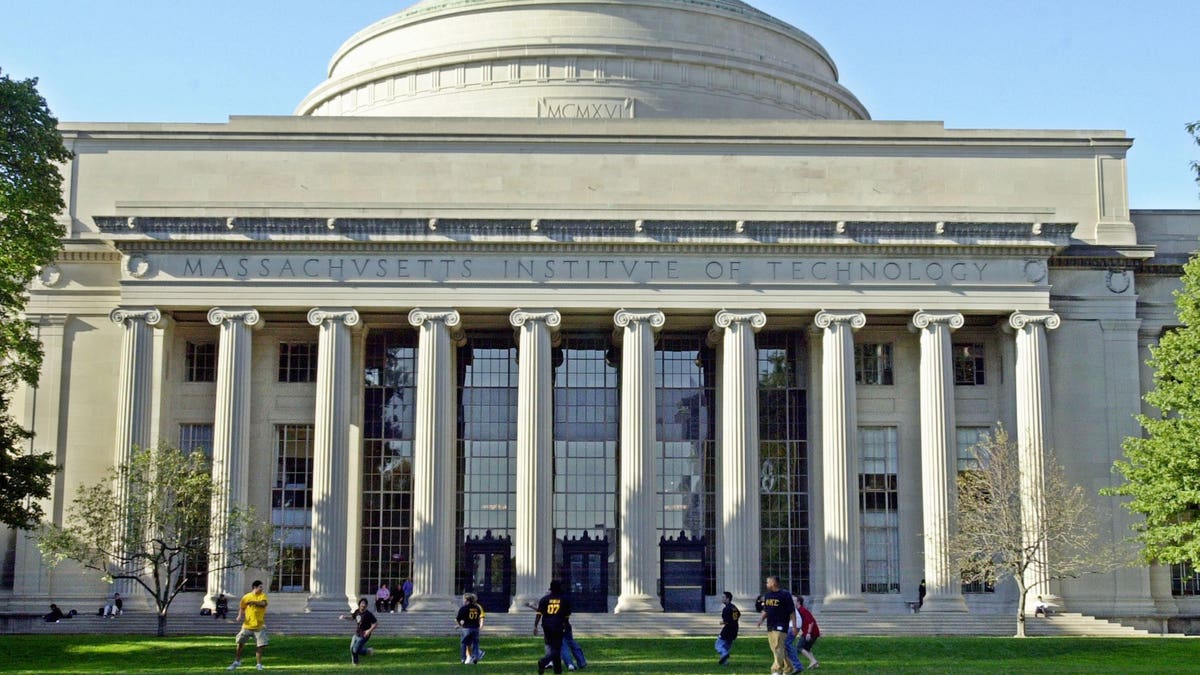A
anon_6hv78pr714xta
Guest
74% of Americans are against racial preferences in college admissions. College administrators are all-in on it--creating DEI positions and departments to impose "equity" on campus, within faculty, and in the make-up of student bodies. The Supreme Court is gearing up to hear another case on this issue.

 www.wsj.com
www.wsj.com
"When Proposition 16 was put on the ballot—a provision to repeal the state’s prohibition of racial preferences—Californians voted it down by a 14-point margin. Even a state that voted nearly 2 to 1 for Joe Biden affirmed its opposition to racial preferences. What explained the split?
What nobody realized was that the entire country had become increasingly hostile to the use of race in such decisions. A 2022 Pew Research Center poll found that 74% of Americans oppose the use of race in college admissions. Even more surprising, 68% of Hispanics, 63% of Asians and 59% of blacks also opposed it. The same applied to both political parties, with 87% of Republicans and 62% of Democrats objecting.
But as the public attempted to slam the door shut on racial preferences, the universities were busy trying to open it wide. The stealthy end-runs around the law gave way to support for “equity”: the desire for racial proportionality in all things—never mind that the Supreme Court has held that quotas in college admissions are unlawful. Accordingly, many colleges have begun to abandon the use of test scores in applications.
In line with this hardening of campus attitudes, increasingly powerful diversity, equity and inclusion bureaucracies arose to achieve these aims. Consider The University of California, Berkeley, which now has a Division of Equity and Inclusion, a title that gives it a standing on campus equivalent to its Division of Mathematical and Physical Sciences. The university’s division has an array of highly paid managers. Eight have the title “director,” one of which is for “diversity, equity, inclusion and belonging,” and there are several assistant vice chancellors. Similar offices abound on campuses across the country, where they are major actors in promoting all manner of progressive causes, from social justice to critical race theory and anticapitalism.
The most visible sign of DEI’s clout is its gradually seizing control of faculty appointments. At the University of California, Santa Cruz, DEI personnel prescreen applicants for all faculty positions and can throw out applications whose mandatory statements of commitment to diversity they don’t like. At Berkeley about 75% of applicants for a teaching position in life sciences were rejected in this stage during the 2018-19 academic year. The prescreening resulted in Hispanics representing 59% of the finalists, despite comprising only 14% of applicants. White applicants made up 14% of the final pool, down from their original 54%."
Opinion | A More Diverse America Turns Against Racial Preferences
California voters backed the 1996 ban by a 9-point margin. By 2020 the gap had widened to 14 points.
"When Proposition 16 was put on the ballot—a provision to repeal the state’s prohibition of racial preferences—Californians voted it down by a 14-point margin. Even a state that voted nearly 2 to 1 for Joe Biden affirmed its opposition to racial preferences. What explained the split?
What nobody realized was that the entire country had become increasingly hostile to the use of race in such decisions. A 2022 Pew Research Center poll found that 74% of Americans oppose the use of race in college admissions. Even more surprising, 68% of Hispanics, 63% of Asians and 59% of blacks also opposed it. The same applied to both political parties, with 87% of Republicans and 62% of Democrats objecting.
But as the public attempted to slam the door shut on racial preferences, the universities were busy trying to open it wide. The stealthy end-runs around the law gave way to support for “equity”: the desire for racial proportionality in all things—never mind that the Supreme Court has held that quotas in college admissions are unlawful. Accordingly, many colleges have begun to abandon the use of test scores in applications.
In line with this hardening of campus attitudes, increasingly powerful diversity, equity and inclusion bureaucracies arose to achieve these aims. Consider The University of California, Berkeley, which now has a Division of Equity and Inclusion, a title that gives it a standing on campus equivalent to its Division of Mathematical and Physical Sciences. The university’s division has an array of highly paid managers. Eight have the title “director,” one of which is for “diversity, equity, inclusion and belonging,” and there are several assistant vice chancellors. Similar offices abound on campuses across the country, where they are major actors in promoting all manner of progressive causes, from social justice to critical race theory and anticapitalism.
The most visible sign of DEI’s clout is its gradually seizing control of faculty appointments. At the University of California, Santa Cruz, DEI personnel prescreen applicants for all faculty positions and can throw out applications whose mandatory statements of commitment to diversity they don’t like. At Berkeley about 75% of applicants for a teaching position in life sciences were rejected in this stage during the 2018-19 academic year. The prescreening resulted in Hispanics representing 59% of the finalists, despite comprising only 14% of applicants. White applicants made up 14% of the final pool, down from their original 54%."





